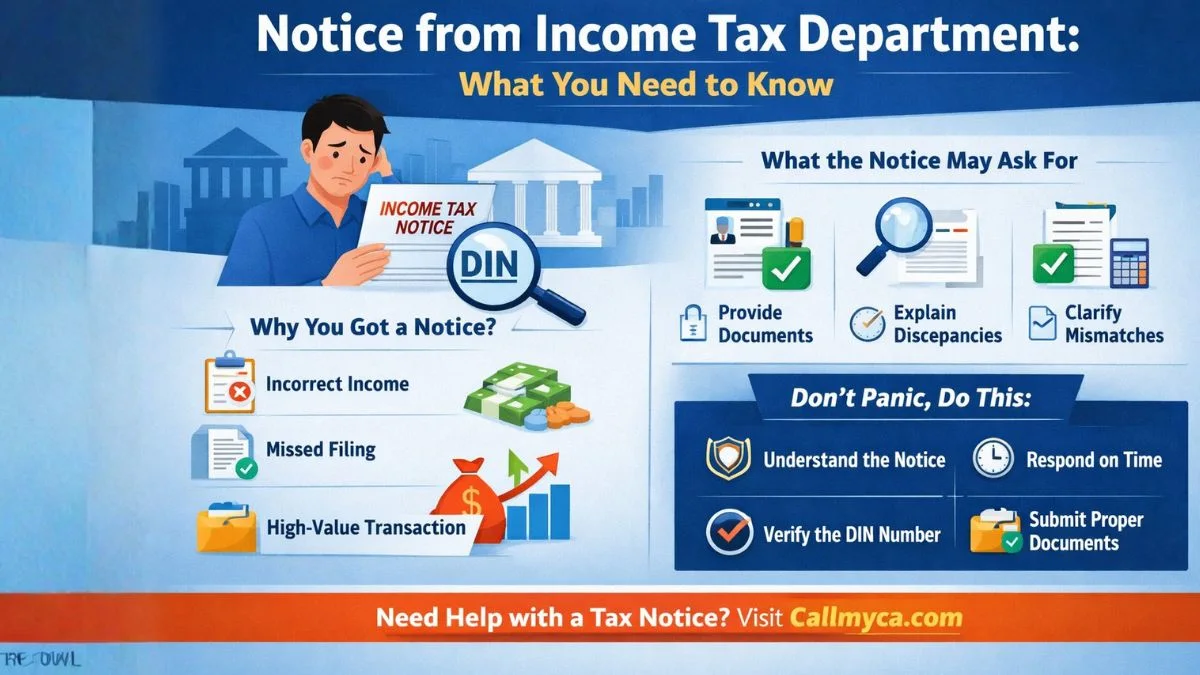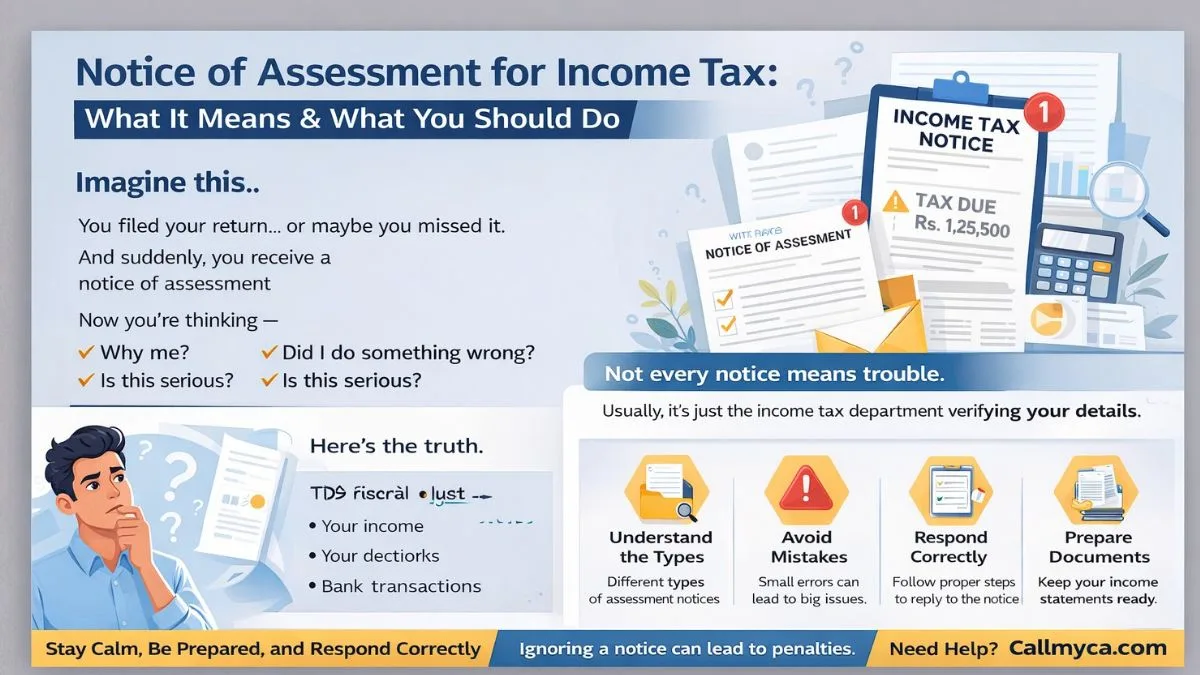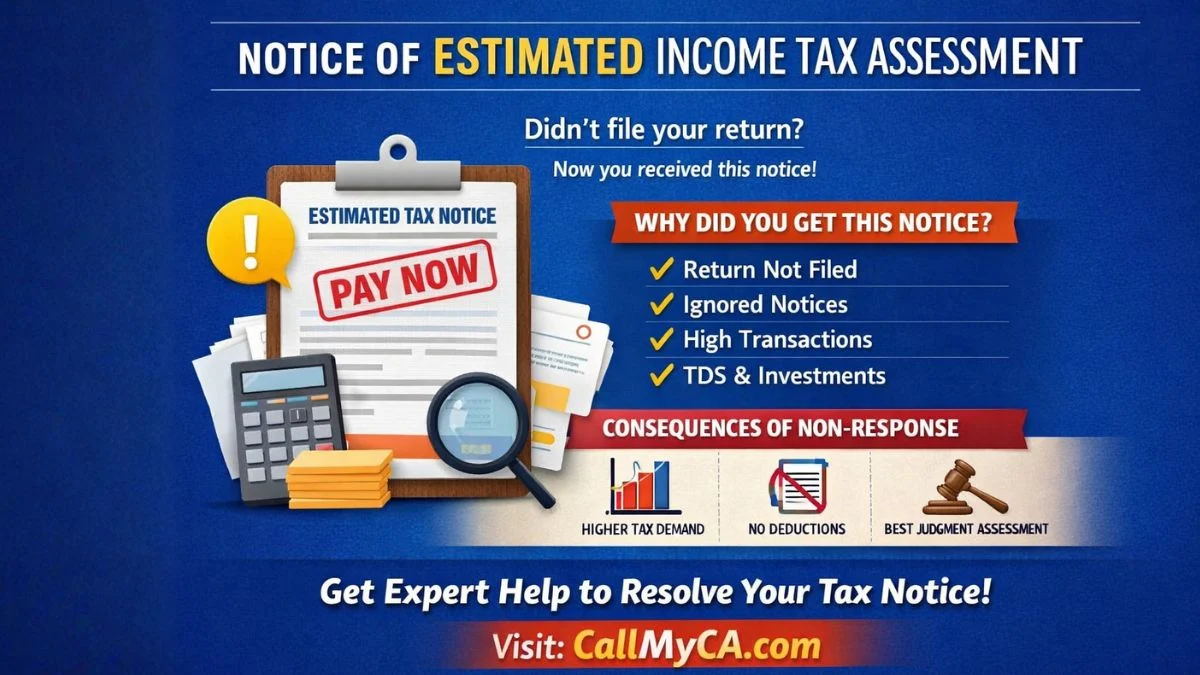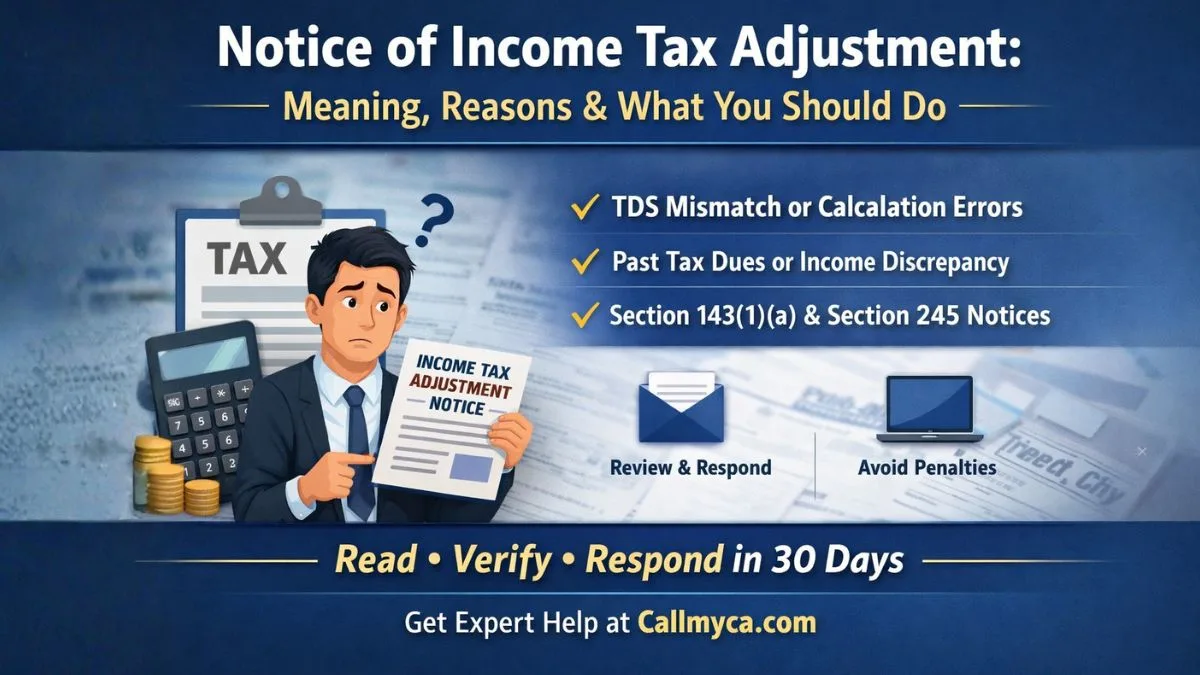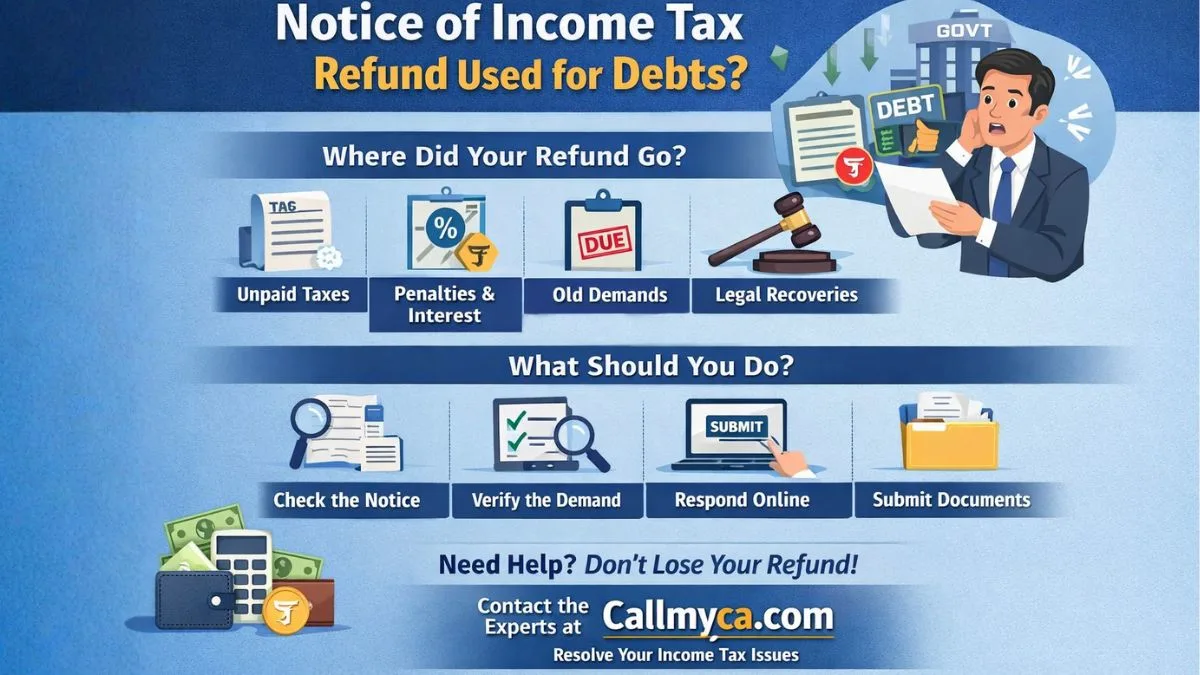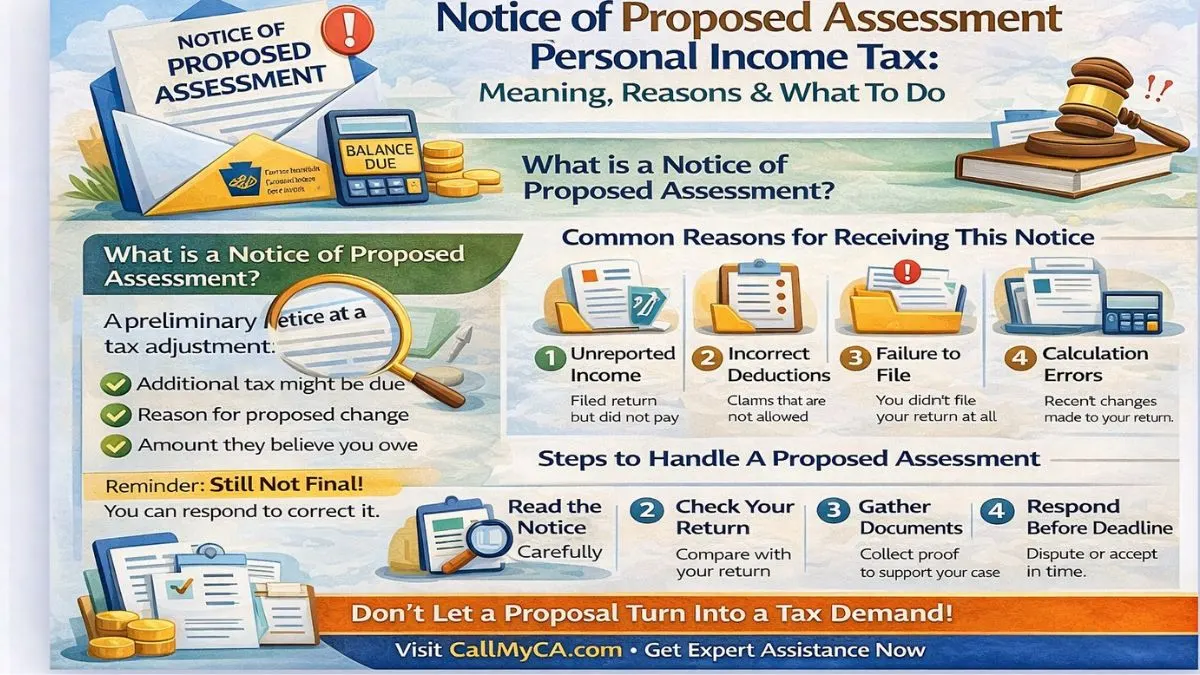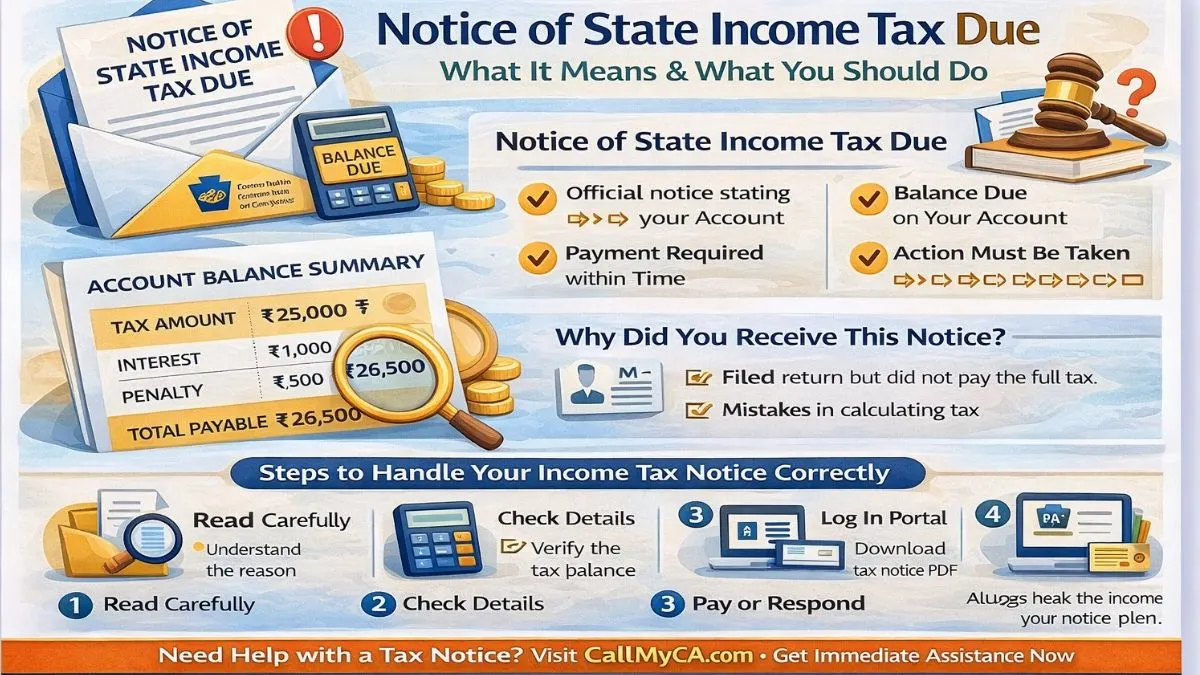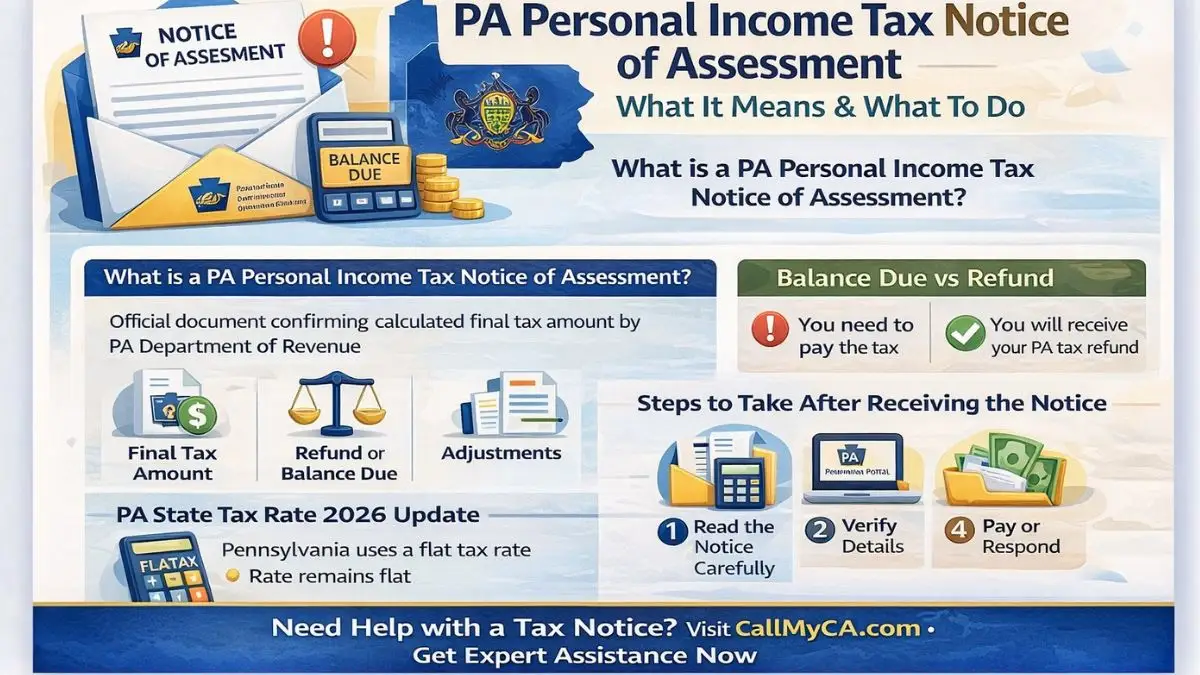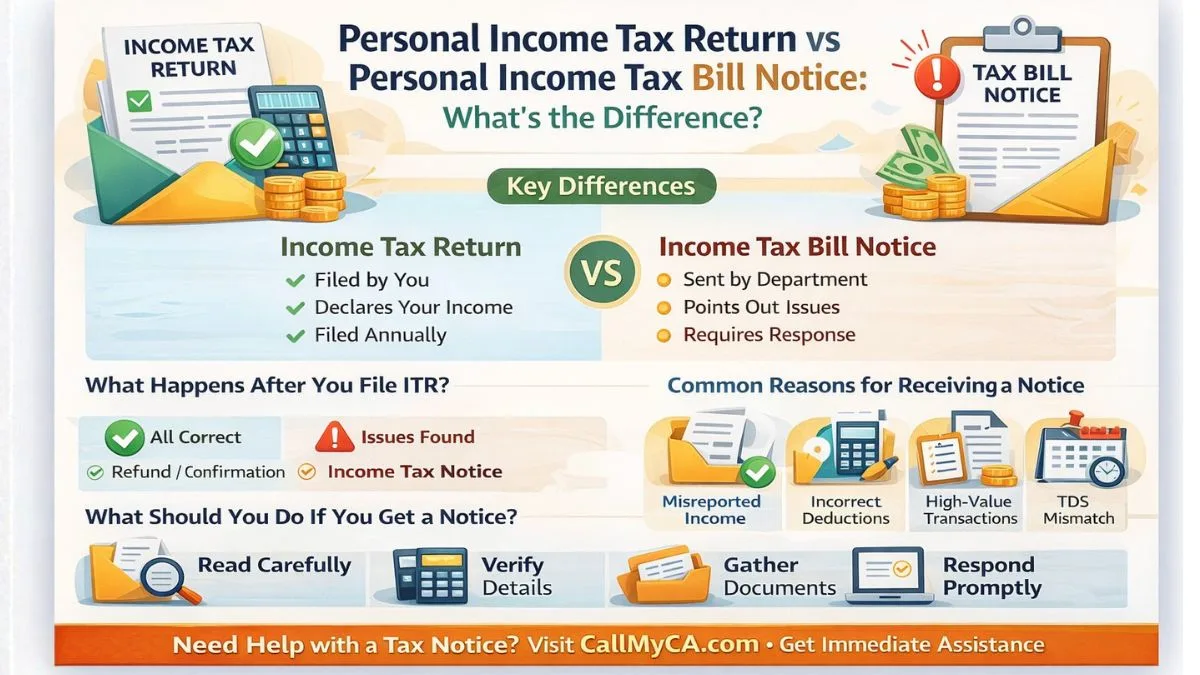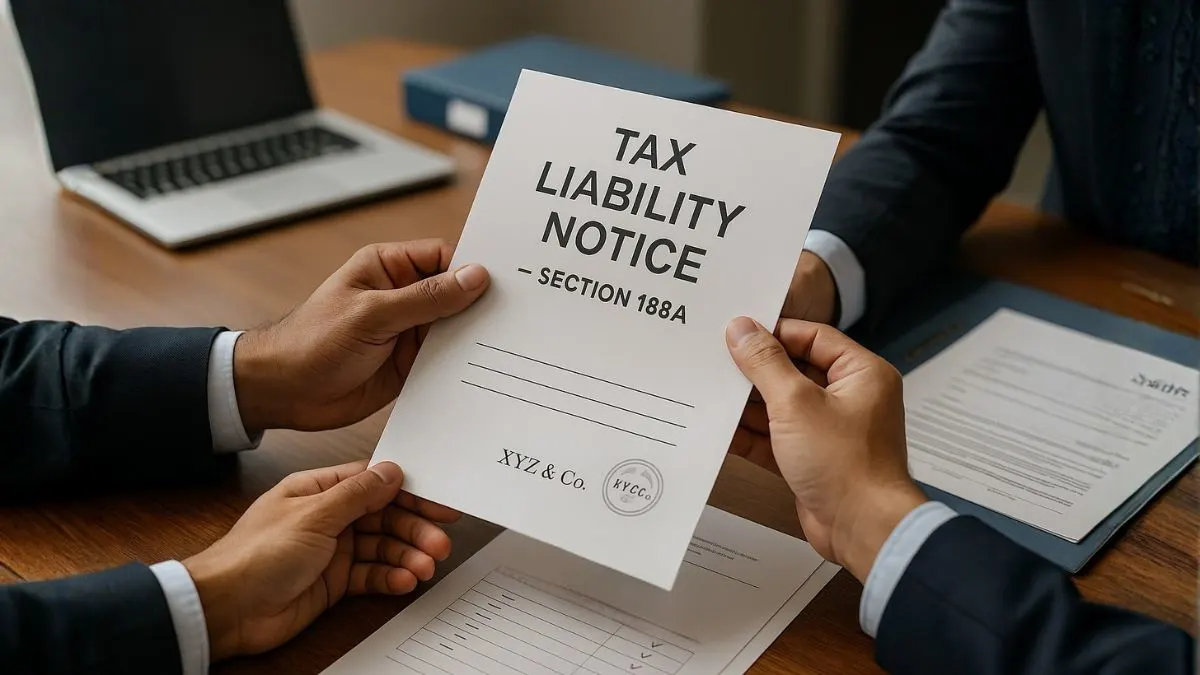
Running a partnership firm comes with shared profits — and shared responsibility. One partner’s mistake can often become everyone’s problem. That is exactly what Section 188A of the Income Tax Act addresses: when a firm owes taxes, every partner stands responsible.
This provision is less about punishment & more about ensuring accountability. It ensures that tax dues owed by a firm don’t simply disappear when partners change, retire, or the firm closes.
What Section 188A Actually Says
Section 188A lays down that “every partner of a firm and his legal representatives shall be jointly & severally liable for the tax payable by the firm.”
In simpler words, if the firm cannot pay its taxes, the Income Tax Department can recover those dues from any partner, or even from the legal heirs of a deceased partner. This makes each partner personally liable for the full tax amount — not just their share.
It’s a clear warning that partnership is not a protective wall against tax obligations.
Purpose and Need for Section 188A
In partnerships, profits and control are shared. But what happens when the firm skips taxes or defaults?
Without Section 188A, the Revenue would struggle to recover dues because a firm is not a separate legal entity like a company.
- Hence, Section 188A serves as a mechanism for the recovery of tax dues from firms."
- It prevents partners from escaping liability by dissolving the firm, transferring assets, or shifting responsibility.
- It keeps everyone jointly accountable for tax compliance during the firm’s lifetime & even after its closure.
Also Read: The Hidden Clause on Property Income You Might Miss
Key Concept — Joint and Several Liability of Partners
The phrase “joint and several liability of partners for tax payable by firm” is crucial to understand.
- Joint liability means all partners together are responsible for the firm’s tax dues.
- Several liability means each partner individually can be asked to pay the entire amount if needed.
So, even if one partner handled accounts & another never looked at the books, both are equally liable in the eyes of law.
This ensures that the government is never left unpaid just because the partners dispute among themselves.
Illustration — How It Works in Real Life
Imagine a partnership firm named M & Co. with three partners — Meena, Arun, and Kiran.
The firm fails to pay ₹ 15 lakh in income tax for a financial year.
Later, Kiran retires, and the firm is reconstituted.
Under Section 188A, the Income Tax Department can recover the entire ₹ 15 lakh from any one partner — say Meena — even if she had only a 25 % profit share.
Meena can later seek contribution from Arun & Kiran, but as far as the law is concerned, the Revenue is entitled to recover the full tax from any of them.
That’s the essence of joint and several liability.
Legal Implications for Partners
The law makes each partner personally liable for the firm’s tax dues because partnership firms do not have a separate legal identity from their partners.
This means:
- Personal assets can be used to recover tax dues if the firm fails to pay.
- Retired or deceased partners do not escape liability — it extends to their legal representatives.
- The Revenue Department can attach bank accounts or assets belonging to any partner for the firm’s tax arrears.
It’s a tough law, but a fair one — because every partner shares profits, so they must share responsibility too.
Connection with the Indian Partnership Act, 1932
The concept of joint and several liability isn’t new. Under Section 25 of the Indian Partnership Act, 1932, all partners are jointly & severally liable for the acts of the firm. Section 188A of the Income Tax Act extends this principle specifically to tax matters.
So, while the Partnership Act covers civil liabilities, Section 188A brings tax liability under the same umbrella."
It ensures that partners can’t hide behind technicalities when tax dues are pending.
Also Read: The Rule That Forces You to Pay Tax Even on Partitioned Property
Why This Provision Matters for Business Owners
For small & medium firms, tax planning often gets neglected amid daily operations. But a default or penalty does not just stay with the firm — it spreads to every partner. Knowing this helps partners stay alert about filings, advance tax payments, and compliance.
Many disputes have arisen where retired partners received notices for old dues they did not even know about.
That’s why clarity under Section 188A is vital before signing a partnership deed or retirement agreement.
Does Liability Continue After Retirement or Dissolution?
Yes. Once a tax liability is created for the period when a partner was active, it continues even after retirement or dissolution.
For example, if the firm earned income in FY 2022–23 and tax was unpaid, a partner who retired in 2024 can still be held responsible.
Similarly, if the partner passes away, their legal representatives are jointly & severally liable for the tax payable by the firm.
That’s what makes Section 188A so comprehensive — it covers every possible gap that might let tax dues slip away.
Practical Example
Let’s say a firm of architects owes ₹ 8 lakh in tax and gets dissolved.
There were two partners: Ravi & Neha.
The firm has no remaining assets. The department can recover the entire ₹ 8 lakh from Neha alone if Ravi cannot be traced.
Neha can later seek Ravi’s share privately, but for the Income Tax Department, liability lies with either of them — jointly and severally.
Comparison with Companies and LLPs
Unlike partnerships, companies and Limited Liability Partnerships (LLPs) offer limited liability protection.
- In a company, shareholders are not personally liable for tax dues of the entity.
- But in a traditional partnership firm, the line between personal & business assets is thin.
That’s why CAs & tax advisors often recommend LLP structures for new entrepreneurs who want to limit their personal exposure.
However, for existing partnership firms, awareness of Section 188A is the best defence.
Also Read: The Powers of CIT(A) to Decide Your Tax Appeals
Court Interpretations and Case Law
Courts have repeatedly upheld that Section 188A creates a personal obligation on partners. In various judgments, it was held that the Revenue can recover tax dues from any partner without first exhausting remedies against the firm. Even in cases of reconstitution or partial change in partnership, the liability extends to new and old partners for periods in which they were involved.
This interpretation makes Section 188A a powerful enforcement tool.
Safeguards for Partners
While the law is strict, partners can still protect themselves with a few good practices:
- Ensure that the firm files accurate & timely returns.
- Keep clear records of your resignation or retirement.
- Get a “no dues certificate” from the firm before exit.
- Communicate changes to the Income Tax Department formally.
These steps show due diligence and help avoid future liability disputes.
Why CAs and Advisors Emphasize This Section
- Chartered Accountants often highlight Section 188A while drafting partnership agreements because it has long-term implications.
- A casual approach toward tax filings can end up affecting a partner’s personal finances years later.
- Understanding this provision helps partners maintain discipline and avoid surprises from the tax department.
It’s a reminder that in tax matters, trust between partners is as important as trust in the law.
Section 188A in Simple Terms
- It deals with joint & several liability of partners for tax payable by the firm."
- It declares a partner and his legal representatives jointly & severally liable for the firm’s tax dues.
- It serves as a mechanism for the recovery of tax dues from firms.
- It continues to apply even after retirement or dissolution.
In short, the section makes sure that the government always gets its tax dues — no matter what changes inside the firm.
Also Read: Standard Deduction on House Property Income
Modern Relevance
Even though India has modernized its business structures, traditional partnership firms still make up a huge share of taxpayers.
For them, Section 188A remains as relevant as ever.
With increased scrutiny through digital compliance tools like AIS & Form 26AS, partners must ensure timely reporting & payment of taxes to avoid future trouble.
Conclusion
Section 188A of the Income Tax Act is a powerful reminder that partnership is as much about responsibility as it is about profit. It reinforces that every partner is a custodian of the firm’s tax duties, not just its earnings. So before signing a partnership deed or retirement paper, make sure your tax books are clear and filings updated. A small oversight can turn into a personal liability later.
If you want expert help to understand how Section 188A or other tax provisions impact your firm, visit CallMyCA.com — our team can help you stay compliant & protect your partnership from unnecessary tax risks.

